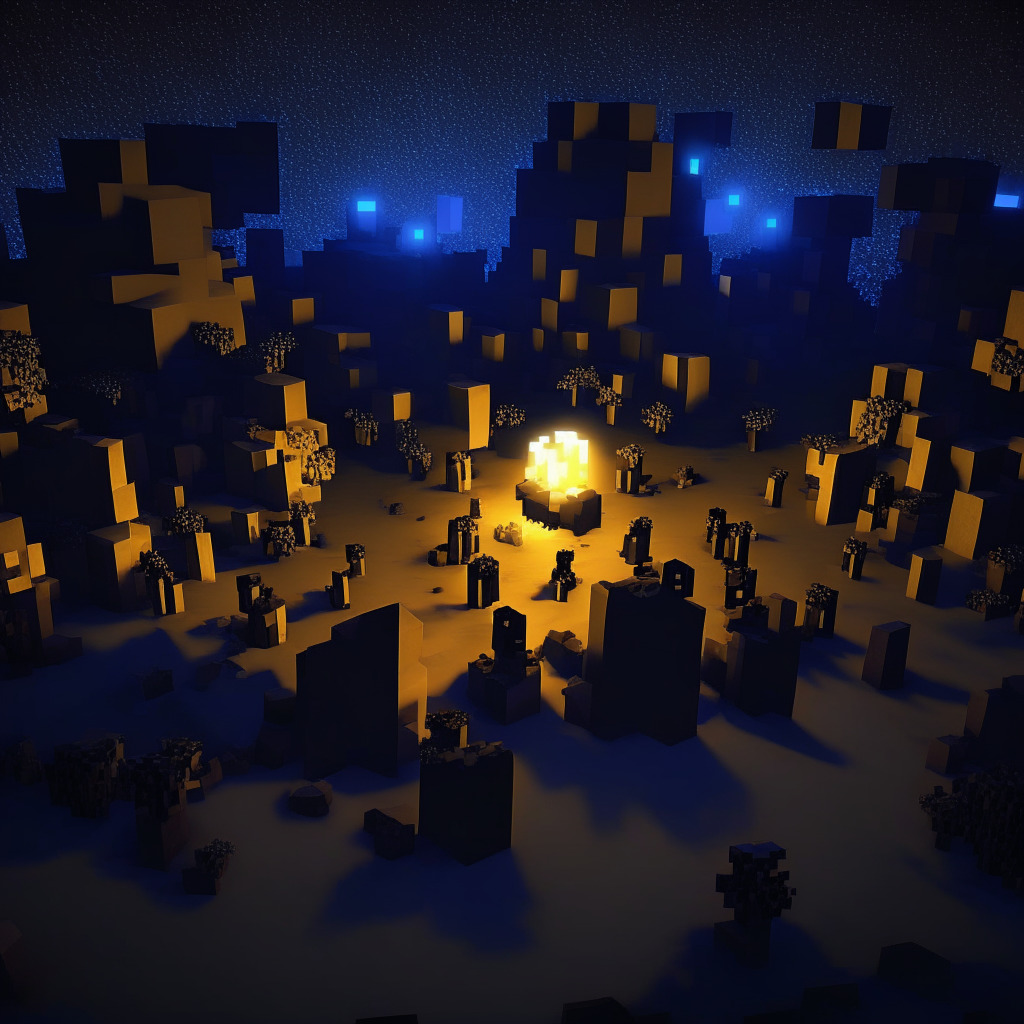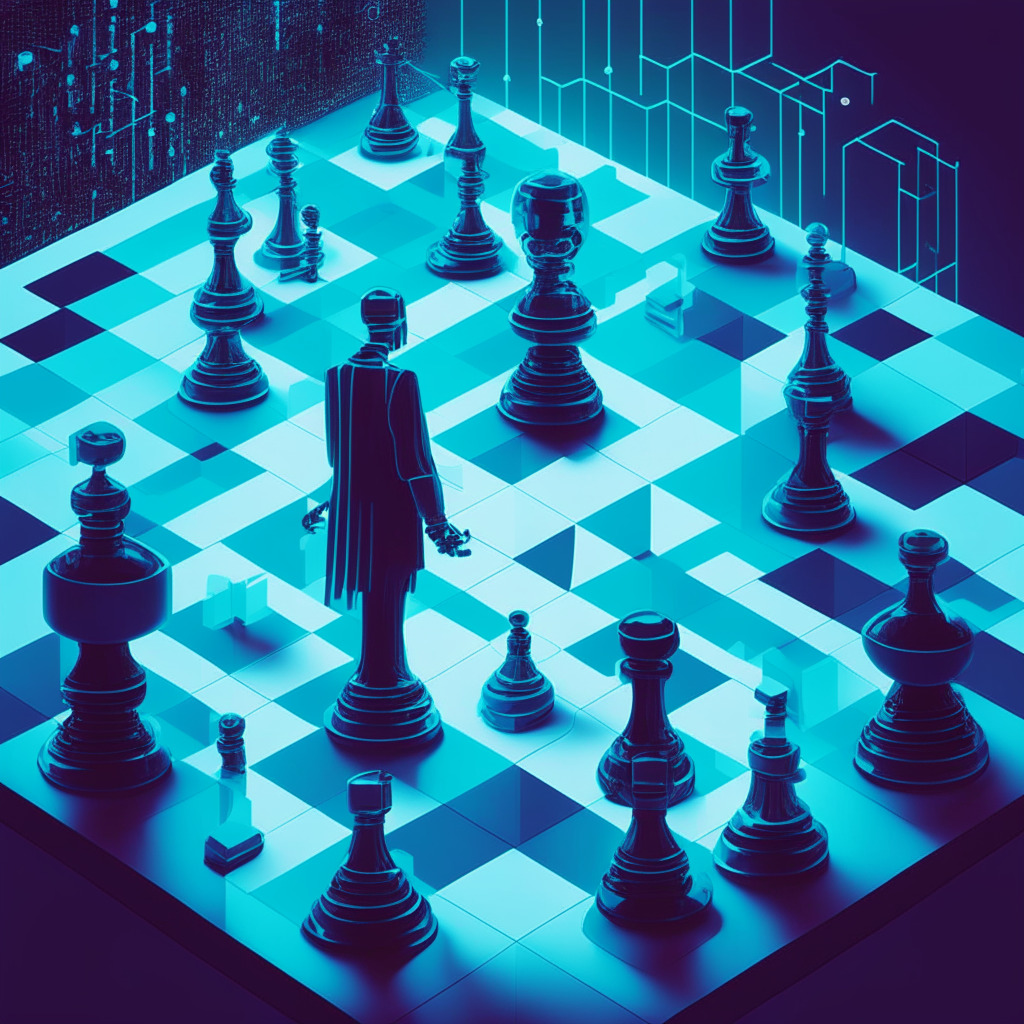In a recent turn of events, Minecraft‘s Bitcoin-friendly server, Satlantis, has been compelled to remove its play-to-earn features. Satlantis, an independent Minecraft server run by fans, enabled players to earn Bitcoin by completing in-game quests but had to yield to pressure from game developer Mojang after it was asked to remove the functionality.
This development has stirred a wave of disappointment in the gaming community. Server founder David Dineno urged players to withdraw their satoshis, pledging that all in-game assets, including sats, prize pools, ASICs, players’ premium battle pass status, and other transferable data would be scrupulously attended to.
While the play-to-earn attributes may have been removed, the server will still remain operational. The team behind Satlantis is reported to be seeking alternative platforms that would encourage innovation without stifling it.
Simultaneously, tech giant Apple is drawing attention with the release of its new iPhone 15 and iPhone 15 Pro. These models are touted to become gaming powerhouses, thanks to their A17 Pro chip, the camera enhancements, and the capacity to run demanding game titles. These devices can also display games on 4K monitors while supporting third-party gamepads. With such capabilities, it’s anticipated that web3 game developers will reap high benefits. However, Apple’s strict rules for NFT apps necessitate users to go through in-app purchases that are subject to a 30% commission and do not permit crypto payments, presenting an economic hurdle to leap over.
Moreover, Formula 1‘s foray into web3 gaming via Formula E: High Voltage, after their first attempt, F1 Delta Time, ceased operations in the previous year. But, players stay skeptical about whether the new game will garner traction.
In the same vein, blockchain-based online gaming hub Ultra Arena co-CEO and co-founder Nicolas Gilot has indicated that eSports struggles to generate profits and urges a shift in direction. Aimed at helping more gamers attract sponsors and move up ranks, Ultra Arena prioritizes players’ growth and consistent improvement.
As the lines between traditional gaming and blockchain-backed gaming blur, it’s clear that while there are challenges and hurdles to overcome, the future of gaming lies in the intersection of these spheres. Blockchain and crypto technology hold the promise of enriching gameplay and lending an inclusive and democratic character to gaming economies, giving players more autonomy and representation. Yet, the landscape also bristles with regulatory bottlenecks and economic challenges, turning it into a widespread and consequential battlefield.
Source: Cointelegraph




